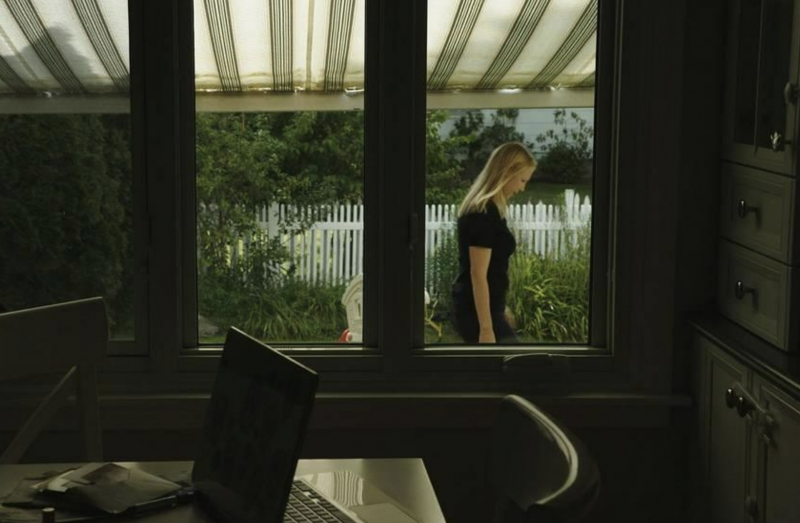In 2021, how you perceive online shaming campaigns often has a great deal to do with your political leanings. In the broadest of terms, if you fall on the right, it’s called “cancel culture”—a merciless, life-ruining takedown of fallible human beings. On the left, it’s called “consequence culture”—wrongdoers being held accountable for their own awful behavior. Now, a new documentary called 15 Minutes of Shame—executive produced by Monica Lewinsky and directed by Max Joseph—is here to fill out the space in between. And it is a thoroughly enlightening, if anxiety-inducing, watch.
Lewinsky’s involvement here is key. In the film’s introduction, she refers to herself as “Patient Zero of having a reputation completely destroyed, worldwide, because of the internet.” And while that is an accurate assessment, 15 Minutes is not here to tell you the unfettered power of the internet is an exclusively bad thing. If anything, its end goal is to insert into these narratives the thing that is so often missing on the internet: humanity in all of its shades of gray.
Like Jon Ronson’s excellent 2015 book, So You’ve Been Publicly Shamed, 15 Minutes focuses not on humiliated celebrities, but rather a handful of everyday people whose lives have been decimated by their online characterizations. There’s Matt Colvin, the guy who bought up 17,700 bottles of hand sanitizer at the start of the pandemic. There’s Emmanuel Cafferty, a Latino employee of San Diego Gas and Electric who lost his job after a member of the public accused him of making a white power hand gesture. And there’s Laura Krolczyk, who, in a fit of frustration with COVID deniers, wrote on her Facebook page: “Trump supporters need to pledge to give up their ventilators for someone else.”



